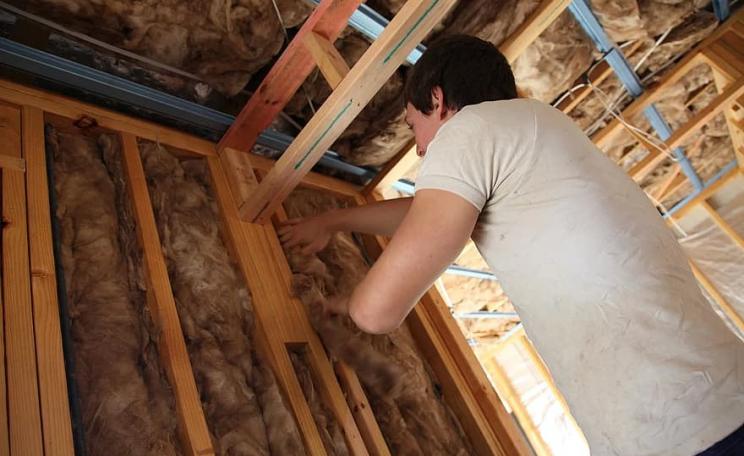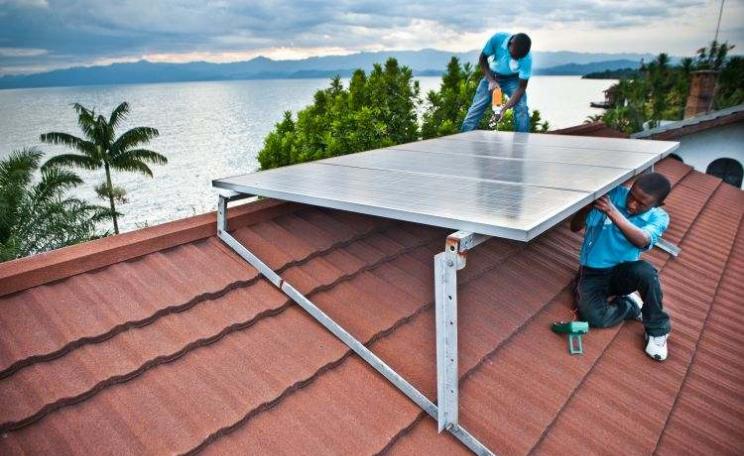Many of the benefits of energy efficiency aren't being cataloged as benefits when they're deciding which programs to offer to their clients. Energy efficiency should be included in incentives and policies that are available for consumers as a way to entice more clients to attempt to make their homes more energy efficient.
We hear the phrase all the time — energy efficiency. It's not just an industry buzzword anymore. But what really is energy efficiency and what can we do to make it?
Energy efficiency, also known as efficient energy use, is defined as taking steps to reduce the amount of energy that a home, appliance or electronic device uses.
This could affect the device directly, such as with the creation of Energy Star devices in the United States, or could change the environment in which the device function — i.e., insulating a home so that the HVAC system doesn't have to work so hard to heat or cool the building.
Utility companies
Their Energy Star Rating designates how well an appliance or device utilises the energy that it is given. The higher the letter rating, the more efficient the device is and the less power it takes to run. The Energy Star program was started in 1992 as part of the Federal Clean Air Act.
The goal of the Clean Air Act was to help consumers save money and reduce energy use, which in turn can help improve the local environment.
New energy efficient devices are more accessible to obtain than ever before, but they do still tend to be more expensive than their counterparts.
There aren't many incentives available that make building energy efficient homes more attractive to the average consumer. What can manufacturers do to make energy efficient more appealing to everyone?
Energy efficiency isn't just right for the environment. It's good for every consumer that utilises the power grid. As less energy is used, the cost of power generation is reduced. This means that power customers have more money to spend, bolstering other parts of the local economy.
Entire house
This, in turn, it also has some benefits for the utility companies. As the demand on the power grid is reduced, the costs incurred by the utility companies are also reduced.
The company no longer needs to spend money to build new power lines, transformers or substations. It also becomes easier for utility companies to stay compliant with state and federal regulations, including those that affect the local environment.
Many of the benefits of energy efficiency aren't being cataloged as benefits when they're deciding which programs to offer to their clients. Energy efficiency should be included in incentives and policies that are available for consumers as a way to entice more clients to attempt to make their homes more energy efficient.
Many of the benefits of energy efficiency aren't being cataloged as benefits when they're deciding which programs to offer to their clients. Energy efficiency should be included in incentives and policies that are available for consumers as a way to entice more clients to attempt to make their homes more energy efficient.
Even old homes can be made more energy efficient. Incentives can encourage homeowners to take steps to improve their home's efficiency. This could be facilitated by the power company — offering home efficiency surveys that can inform homeowners where their home could use a bit of work.
Incentives can also be offered by companies that install insulation, to encourage individuals who own older homes to install insulation that can increase the overall energy efficiency of their entire house.
Offer incentives
Incentives are going to be the key to encouraging homeowners and renters to adopt more energy efficient practices.
Installing insulation, upgrading appliances and other changes that a homeowner can make cost money, and without the incentive to make those changes, people are content to stay in the dark with their high energy bills and enlarged carbon footprints.
The exact incentives will vary dramatically, depending on the specifics of the marketplace and the demographics of the area, but the fact remains - people don't want to do something for no reward, especially when that something is going to cost them money.
Offering incentives can change the practice of becoming energy efficient from an expensive chore to something that homeowners strive for.
This Author
Emily Folk is a conservation and sustainability writer and the editor of Conservation Folks.







